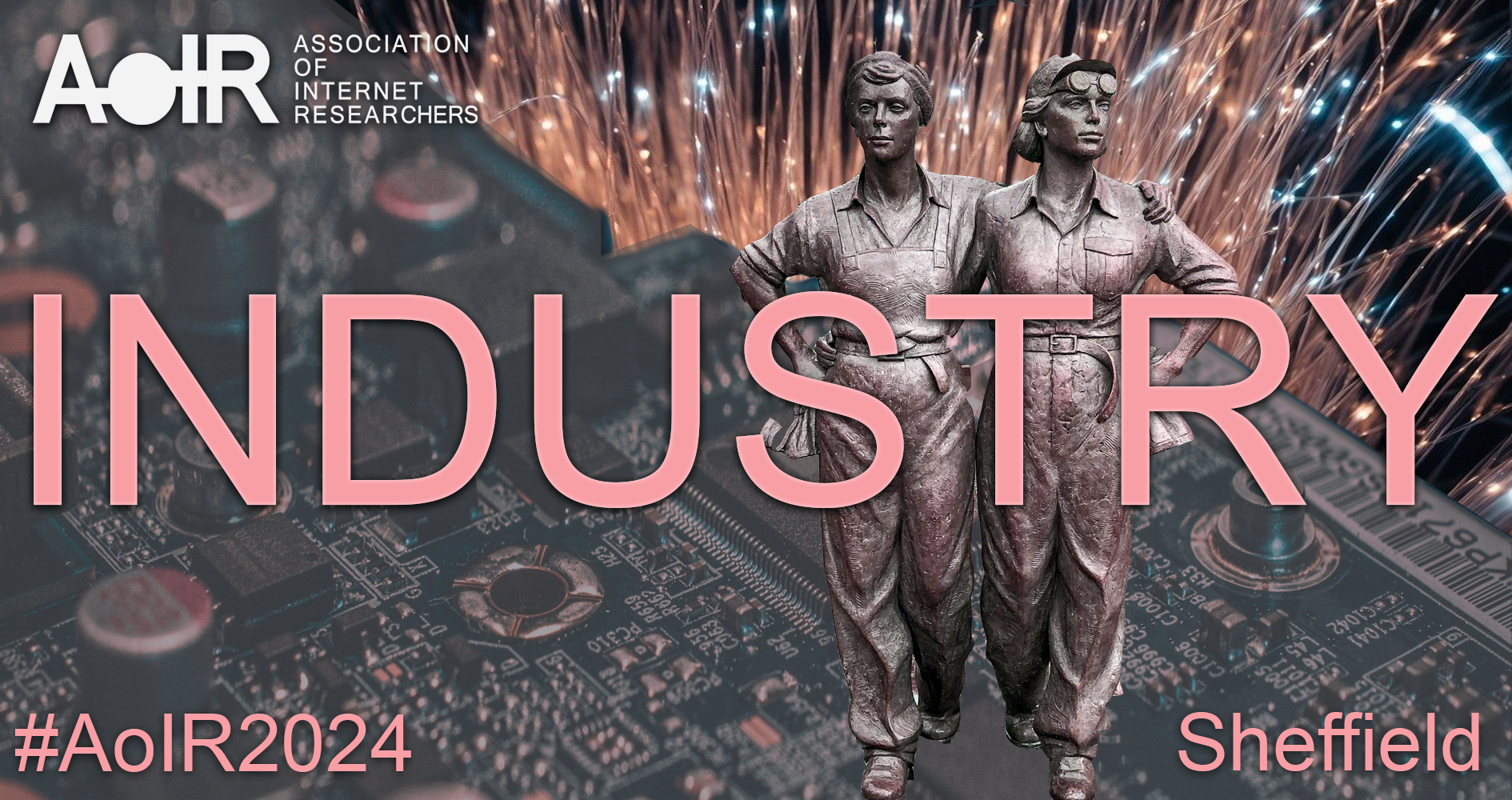 Who are you?
Who are you?
Amanda Chevtchouk Jurno (@amandajurno). PhD candidate at the Post Graduate Program in Communication Studies at the Federal University of Minas Gerais (UFMG-Brazil). I am a researcher at the New Media Convergence Center and at the Intermedia Connections Research Group where we are engaged in studying several subjects related to new media.
Where are you from?
I am Brazilian, currently living in São Paulo.
What is your current area of study?
I study algorithmic, journalistic and institutional mediations on Facebook’s platform. I am specially interested in all the policies and politics embedded in algorithmic mediation and how they mediate users’ social media access routinely. I currently work with the writings of several authors, but I can say that my main references are the Platforms Studies’ and Science and Technology Studies’ authors. Within my main references are researches like Tarleton Gillespie, Langdon Winner, Bruno Latour, John Law, Michel Callon, Taina Bucher, Lucas Introna, Rob Kitchin, Malte Ziewitz, Anne Mol, Pablo Boczkowski, and others.
Describe the research you will present at AoIR 2017.
I will present the paper “Do algorithms have cosmopolitics? A discussion based on Facebook’s nudity policy” at #AoIR 2017 in Tartu with my professor advisor PhD. Carlos d’Andrea (@carlosdand).
The paper proposes a discussion about the policies of Facebook’s algorithms and their implications on the circulation of information on the platform. With this presentation we aim to discuss an important issue, the algorithmic regimes of power, and the question of cosmopolitics and/or Culture in such regimes.
By analysing two censored pictures, our purpose is to show how the increasing presence of Facebook in everyday life may be a problem when we think about cosmopolitics and different kind of cultures. As Facebook is based on the United States, the american and ocidental way of life turns out to be the only way of life people can see when they look at their Facebook profiles, because it is based on this way of thinking that its algorithms are written.
What does that mean? How other cultures or ways of dealing with central issues (like nudity) are treated or thought about in this platform? One of the pictures shows the image of an Amazonian Yawalapiti woman with naked breasts that was censored due to the display of nudity. How does this fact contribute to an invisibilization of certain types of image, and Cultures?
Have you presented at AoIR in the past? If yes, what has been your experience? If #AoIR2017 Tartu is your first AoIR conference, what made you choose this conference? What do you expect from it?
No, I have never been at a AoIR event. I am very glad to participate at the event, specially to receive AoIR’s Scholarship to help me pay the costs of the trip to Estonia in a time we’re facing a big crisis in science in Brazil, with decreasing of financial support everyday.

